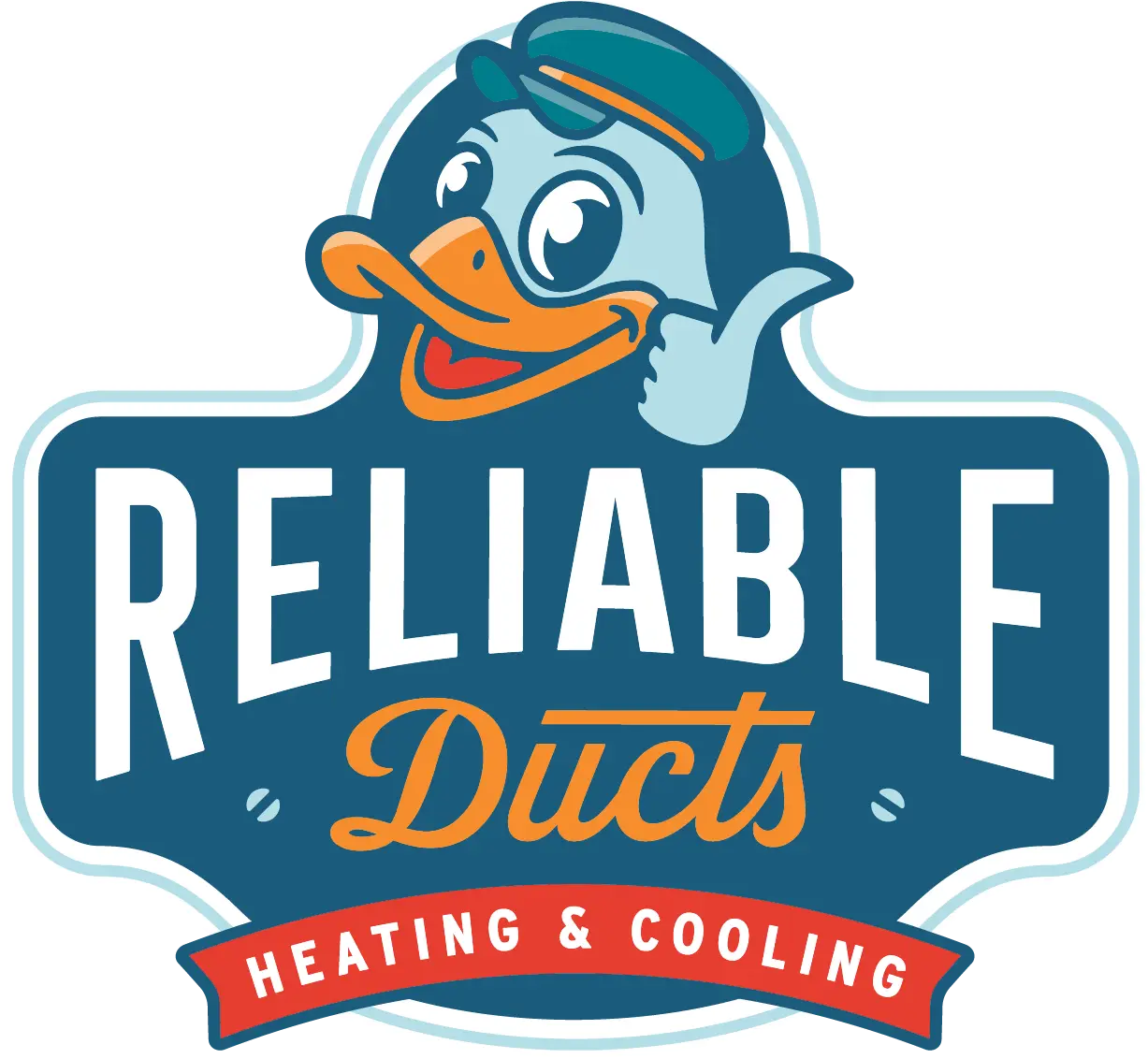According to the U.S. Environmental Protection Agency, Americans spend 90% of their time indoors. In addition, the EPA warns that air pollution is often two to five times more concentrated indoors than outdoors. In fact, without some form of air purification, indoor air quality will always be poorer than outdoor air quality in the same region. For these reasons, the EPA, CDC and other prominent organizations have recognized indoor air pollution as a serious health concern.
Mechanical Ventilation
There are two primary types of ventilation in a home: mechanical and natural. Mechanical ventilation refers to your air handler, ductwork, extractor fans, registers and all the other equipment involved. Modern homes are tightly sealed, which is advantageous when it comes to energy efficiency and cost-effectiveness. However, it can also be problematic if the ventilation system is not introducing fresh air at a high enough rate since air pollution will accumulate. It is therefore advised that you schedule ventilation testing and duct cleaning every three years or so.
Natural Ventilation
Natural ventilation occurs through windows, doorways, cracks in your foundation and so forth. On a comfortable spring day, opening up some windows can be a good thing. But too much unintended natural ventilation is a bad thing. It undermines an otherwise well-functioning mechanical ventilation system, and it can introduce pollen, dust and other unwanted contaminants.
Avoidable Pollutants
Many homeowners unintentionally pollute their indoor air. There are, for instance, many household cleaners that contain toxic materials that are quite bad for your health when used in an indoor space. Chemical deodorizers are another example of a commonly used household product that actually degrades the quality of your indoor air. Houseplants can be a source of indoor air pollution as well if they are overwatered, which leads to mold growth in the soil that then emits mold spores into the air. It is therefore important to vet all of the products and substances you introduce into your home.
Dust Control
Controlling dust is the single most important step you can take to ensuring good indoor air quality. The problem with dust is that it traps pollutants and extends their lifespans by reemitting them over time. It is recommended that you perform a deep dust cleaning of your home once a week and that you spot dust problem areas on a daily basis. Deep dusting should be conducted top to bottom, and then you should vacuum your carpets and floors. Ideally, you should use a HEPA vacuum bag, which will help ensure that dust is trapped rather than redistributed. You should also use floor mats at all entrances to avoid introducing dirt into the home. Mats should be cleaned weekly and discarded annually.
Air Quality Monitor
You should also invest in at least one high-quality indoor air quality monitor, which can provide real-time data on indoor air pollution, humidity and other factors. Some of the best thermostats on the market have such technology integrated. If you own a large home, then you may want multiple monitors installed in various zones. You also have the option of a smart monitor that can use your Wi-Fi network or communicate through an ad-hoc mesh and be expanded throughout the home with sensors.
Humidity Control
It is also important to ensure that humidity inside the home is not too high or too low. The ideal humidity for your home will depend on your region, the season and your preferences. But 30% to 50% is a good rule of thumb according to the Mayo Clinic. Humidity above 60% is problematic because it fosters an environment conducive to mold growth. If the humidity falls below 30%, it requires you to run your heating equipment for longer periods and at higher temperatures, and it can also dry out and irritate your nose, eyes, mouth, throat, lungs and so forth.
Radon Testing
Radon is a naturally occurring gas that presents considerable health risks, and the gas can enter your home by seeping up from the ground. The EPA estimates that radon causes 7.5 times as many residential deaths as house fires annually. Since the presence of radon can develop over time, the EPA recommends having your home tested every two years. However, if you live in a “red zone,” which the EPA refers to as Zone 1, you may want to consider testing on an annual basis.
Air Purification
Without some form of air cleaning, your indoor air can never be less polluted than the air outside your home. You can check air pollution levels online by zip code. If you have good air quality in your neighborhood on a regular basis, then a well-functioning mechanical ventilation system may be all that you need. If, on the other hand, the AQI rating in your area is often at moderate or worse, then it is highly recommended that you invest in a whole-home air purification system.
Professional IAQ Test
You may also want to consider scheduling a professional indoor air quality test. It may be a good idea to schedule an IAQ test as opposed to just radon testing. Professional IAQ tests are extensive and in addition to radon, carbon monoxide and mold can extend to allergens, volatile organic compounds and even your water source. Such testing can also be useful in determining how accurate your monitor is, and depending on your equipment, it may even be possible to have your monitor calibrated.
Replace Filters and Clean Vents
Not replacing HVAC filters is among the most common indoor air quality mistakes. While the purpose of these air intakes and return registers is not indoor air quality, dust that accumulates on them can quickly undermine what is otherwise clean air. Check all filters and vents once a month. Dust the vents, and swap out filters as soon as there is visible discoloration of the filter media.
Pest Control
Pests are much more than a nuisance. They present serious health risks, and many people underestimate just how much mice, cockroaches, ants and so forth can degrade your indoor air quality. If you see any signs of such activity, you should schedule professional pest control as soon as possible. However, be mindful that some pesticides are worse than the pest themselves, so be sure to choose a company that takes the indoor air quality aspect of its trade seriously.
Monitor AQI
AQI stands for air quality index. Even if you live in a county that normally has a green AQI, you will experience bad days where the AQI is moderate or above due to climate changes. Moderate is acceptable for otherwise healthy people. If ever the AQI goes above moderate, it is best to stay inside, rely on your mechanical ventilation and perhaps use an air purifier that you can carry from room to room.
Your IAQ Experts in Jacksonville
Reliable Ducts Heating and Cooling in Jacksonville is proud to serve homeowners throughout Duval County and the surrounding areas. We are a family-owned and -operated business that offers a broad range of indoor air quality services, including ventilation testing, humidity control, UV air purifiers and duct cleaning. Our team also performs heating and cooling installations, maintenance and repairs. We offer maintenance plans and are available around the clock for emergency repairs. Call Reliable Ducts Heating and Cooling today to schedule your appointment.



